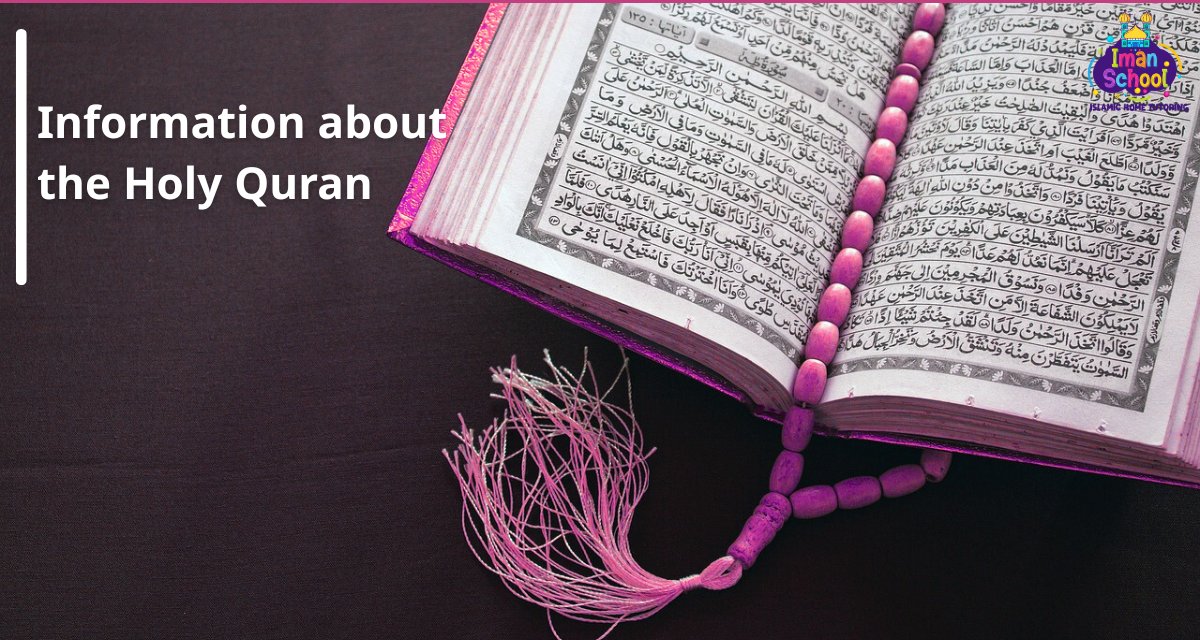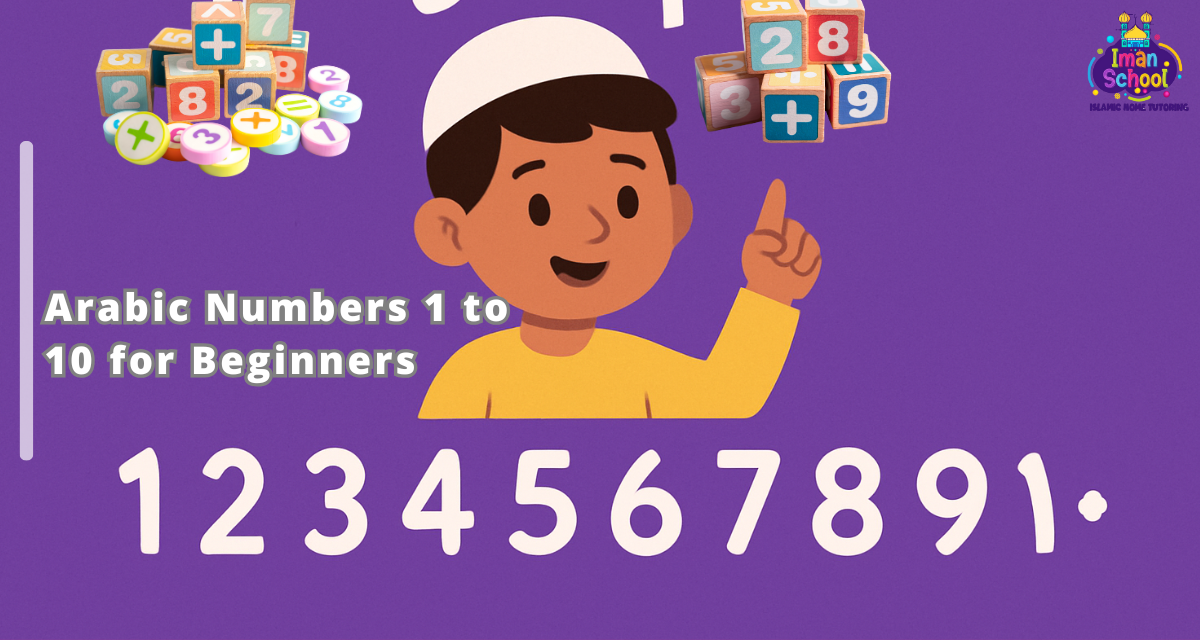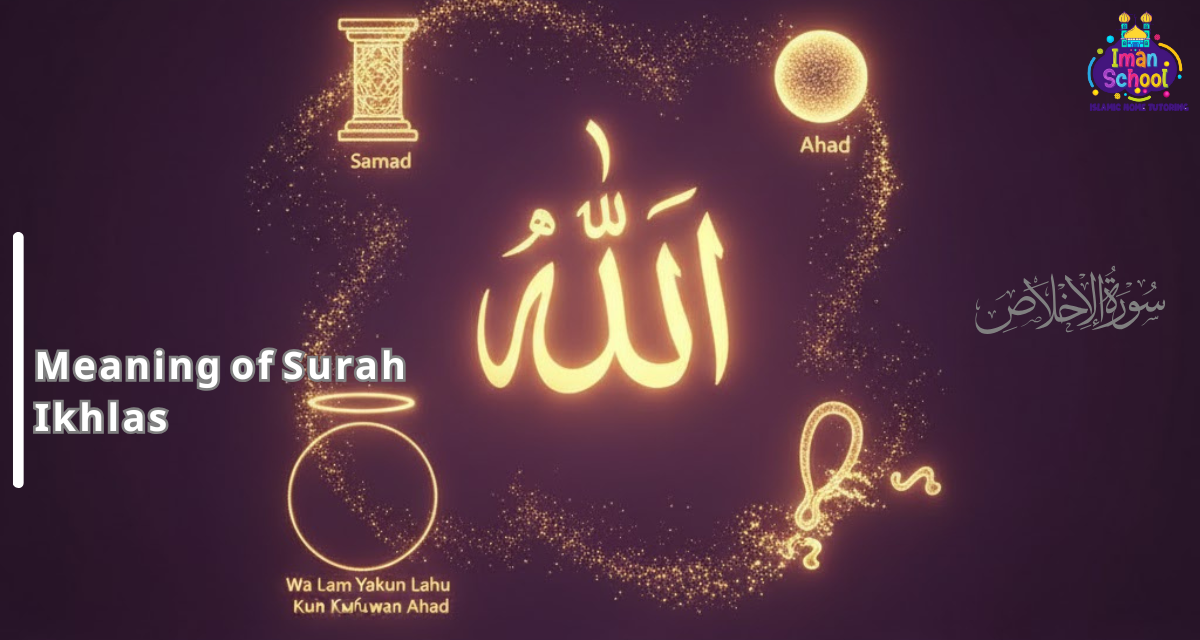The Holy Quran is the central religious text of Islam, revered by Muslims as the literal word of God (Allah) revealed to Prophet Muhammad (PBUH). It serves as a guide for all aspects of life, from spiritual and personal growth to societal norms and laws. Whether you're new to Islam or looking to deepen your understanding, it’s essential to learn accurate information about the Holy Quran.
In this article, we’ll explore the key aspects of the Quran, including its origins, content, historical significance, and why it holds such a prominent place in the hearts and minds of Muslims worldwide. We will answer key questions such as, what is Quran, who wrote the Quran, and how old is the Quran. Understanding the Quran's importance in Islam will help you appreciate its role as a source of spiritual and practical guidance.
What is the Quran?
The Quran is the sacred book of Islam, composed of 114 chapters, or Surahs, which contain more than 6,000 verses (Ayahs). The Quran was revealed to the Prophet Muhammad (PBUH) by the angel Jibreel (Gabriel) over a period of 23 years. It is considered by Muslims to be the final revelation from Allah, following previous scriptures such as the Torah and the Bible.
The meaning of Quran in Islam is clear: it is Allah's guidance for humanity, a blueprint for moral, spiritual, and practical living. Muslims believe that the Quran contains eternal wisdom, which can be applied in every aspect of life. The Quran is in Arabic, and its recitation is an act of worship that carries immense reward.
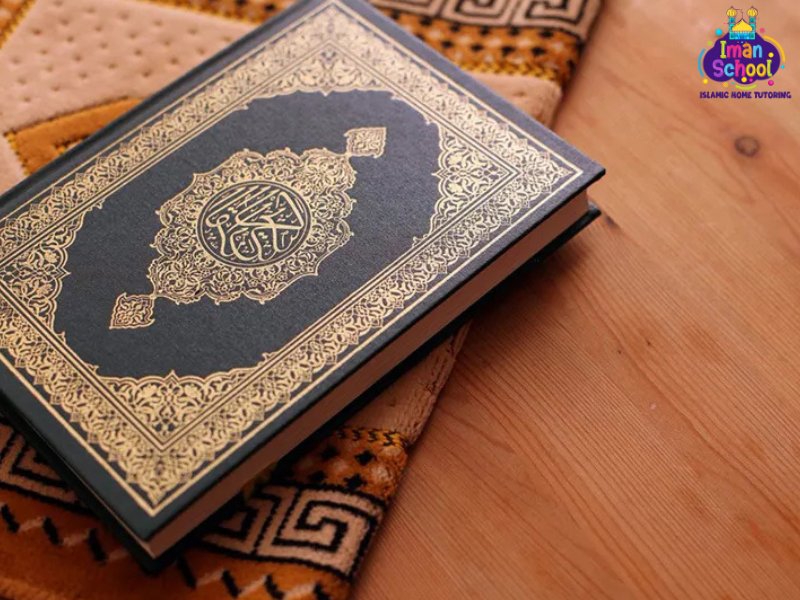
When Was the Quran Written and Who Wrote It?
One of the common questions people ask is, when was the Quran written and who wrote it. The Quran was not written down during the lifetime of Prophet Muhammad (PBUH). Instead, it was revealed over the course of 23 years, starting in 610 CE when the Prophet Muhammad (PBUH) received his first revelation in the cave of Hira.
The revelations were memorized by Prophet Muhammad (PBUH) and his companions, known as the Sahabah. Some of them would also write the revelations down on various materials such as parchment, bones, and leather. After the Prophet's passing, the collected revelations were compiled into a single book by the third Caliph, Uthman ibn Affan, around 650 CE. Therefore, the Quran itself was preserved in both oral and written forms throughout its revelation and final compilation.
Importance of the Quran
The importance of the Quran in Islam cannot be overstated. It is the ultimate source of guidance, containing Allah’s laws, ethics, stories of the past, and teachings that are relevant for Muslims of all times. The Quran serves multiple purposes in the life of a Muslim, such as:
-
Spiritual Guidance: It leads individuals on the straight path and guides them toward righteousness and piety.
-
Moral Guidance: It teaches the principles of good conduct, justice, kindness, and honesty.
-
Social and Legal Framework: The Quran provides guidelines for social justice, family relations, and legal matters.
-
Reminder of the Afterlife: It emphasizes the importance of preparing for the Day of Judgment, reminding Muslims of the rewards of Paradise and the consequences of sin.
For Muslims, the Quran is a comprehensive manual for leading a life that aligns with the will of Allah. Its teachings are timeless and continue to inspire and guide people to this day.
How Many Authors Wrote the Quran?
An important aspect to clarify is the misconception surrounding the authors of the Quran. Unlike other religious scriptures, the Quran has only one author: Allah. It is Allah’s words revealed to the Prophet Muhammad (PBUH) through the angel Jibreel (Gabriel). Therefore, the Quran is not a work written by human hands or minds, but rather a divine revelation.
Muslims believe that the Prophet Muhammad (PBUH) received these revelations over a period of 23 years, and they were recorded by his companions during his lifetime. After the Prophet's death, these written revelations were compiled into a single book under the guidance of Caliph Uthman. This compilation remains unchanged to this day, ensuring that the Quranic text is preserved in its original form.
The Quran's Preservation
The preservation of the Quran is another key topic of information about the Holy Quran. Muslims believe that the Quran has been perfectly preserved in its original form since it was revealed, and no changes have been made to its text. The Quran's preservation is a divine promise, as mentioned in the Quran itself:
“Indeed, it is We who sent down the Quran, and indeed, We will be its guardian.” (Quran 15:9)
This means that Allah has guaranteed the preservation of the Quran, protecting it from any alterations or distortions. Muslims recite the Quran in its original Arabic language, and efforts have been made worldwide to ensure that the Quranic pronunciation remains unchanged, whether through written texts or oral recitation.
How Old is the Quran?
The age of the Quran is closely tied to the history of Islam. The Quran was revealed over 1,400 years ago, starting in 610 CE, which means it is now over 1,400 years old. Despite its age, the Quran remains relevant today, offering timeless wisdom and guidance. Its language, while ancient, continues to be understood and appreciated by millions around the world.
Many Muslims memorize the Quran in its original form, ensuring its preservation. The tradition of memorization of the Holy Quran (Hifz) continues to this day, with millions of people worldwide committed to preserving the Quran in their hearts.
The Structure of the Quran
The basic information about Quran includes understanding its structure. The Quran is divided into 114 chapters, known as Surahs, each containing a varying number of verses, called Ayahs. Some chapters are short, like Surah Al-Fatiha, while others, such as Surah Al-Baqarah, are quite long.
The Quran is not arranged chronologically but is organized according to the length of the Surahs, with the longest Surahs generally appearing at the beginning and the shorter ones toward the end. Each Surah covers various themes, such as laws, moral teachings, stories of past prophets, and reflections on the natural world, all of which are intended to guide Muslims in their faith.
The Role of the Quran in Islamic Worship
The Quran is integral to Islamic worship. Every Muslim is required to recite portions of the Quran during their daily prayers (Salah). The most common chapter recited in every unit of prayer is Surah Al-Fatiha, followed by verses from other chapters. The recitation of the Quran during prayers helps Muslims connect spiritually with Allah.
Additionally, many Muslims strive to memorize the entire Quran, a practice known as Hifz. Memorization of the Quran is considered a noble and rewarding task, and those who successfully memorize it are given the title of Hafiz (male) or Hafiza (female). This tradition helps preserve the Quran for future generations and ensures its continued recitation in the original Arabic.
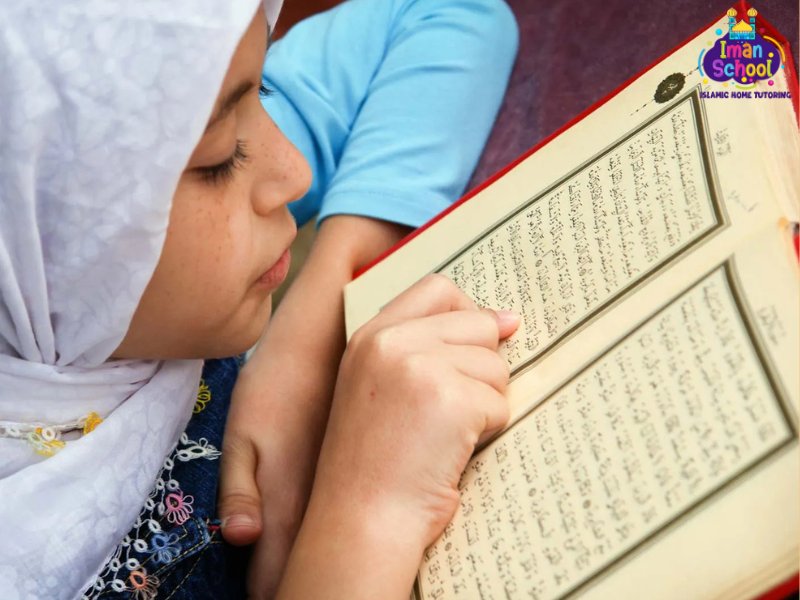
How to Learn the Quran
Learning the Quran is essential for understanding Islam and living a righteous life. The process of learning includes both recitation and understanding of the text. For non-Arabic speakers, learning Quranic pronunciation and Tajweed (rules of Quranic recitation) is crucial to ensure accurate recitation and understanding.
At Iman School, we provide expert-led courses designed to help you master the Quran. Our approach to learning the Quran combines professional guidance with flexible learning options, making it easier for you to understand and recite the Quran with confidence.
There are many ways to learn the Quran, including:
Online Quran Classes
Iman School offers online courses that provide the convenience of learning from home. Our Quranic recitation classes and Tajweed lessons for non-Arabic speakers are designed to help you learn at your own pace while ensuring proper pronunciation and understanding.
Local Quran Schools
Many mosques and Islamic centers offer Quranic studies classes, where students can learn to read and understand the Quran. However, Iman School provides the advantage of learning from anywhere with the added benefit of flexible schedules.
Personal Tutors
Hiring a personal tutor who specializes in teaching the Quran can help with personalized learning. Iman School offers one-on-one tutoring that focuses on individual needs, such as improving Quranic reading skills and mastering memorization techniques.
Benefits of Reciting the Quran
Reciting the Quran brings numerous benefits, both spiritual and practical. Some of the key benefits include:
-
Spiritual Rewards: Each letter recited from the Quran brings rewards from Allah. It is said that for every letter recited, a person earns ten rewards.
-
Mental Clarity and Peace: Quranic recitation has a calming effect on the mind, reducing stress and anxiety.
-
Guidance in Life: The Quran offers clear guidance on all aspects of life, from personal conduct to social responsibility.
-
Strengthening Faith: The more one recites and understands the Quran, the stronger their connection with Allah becomes.
The Holy Quran is not just a book but a guide for every aspect of life. Whether you are looking for information about the Holy Quran for academic purposes or seeking spiritual guidance, the Quran remains the ultimate source of truth and wisdom for Muslims. Memorizing the Quran, learning its recitation, and understanding its teachings are vital for living an Islamic life.
As we reflect on the importance of the Quran, we are reminded of its eternal relevance, spiritual depth, and the guidance it offers to every generation. Understanding who wrote the Quran, how old is the Quran, and its significance allows us to appreciate its message more fully.

